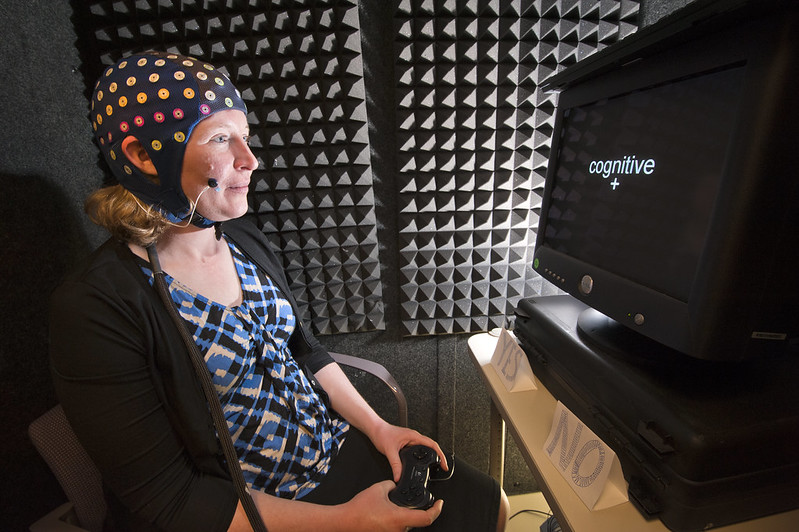Attention A T users. To access the menus on this page please perform the following steps.
1. Please switch auto forms mode to off.
2. Hit enter to expand a main menu option (Health, Benefits, etc).
3. To enter and activate the submenu links, hit the down arrow.
You will now be able to tab or arrow up or down through the submenu options to access/activate the submenu links.
Locator
Contact
Search
Menu
Menu
- MIRECC / CoE
- MIRECC / CoE Home
- Education
- Fellowships
- MIRECC-CoE Awards
- VISN 1 New England MIRECC
- VISN 2 Center for Integrated Healthcare
- VISN 2 CoE - Suicide Prevention
- VISN 2 New York MIRECC
- VISN 4 Philadelphia and Pittsburgh MIRECC
- VISN 5 Capitol MIRECC
- VISN 6 Mid-Atlantic MIRECC
- VISN 16 South Central MIRECC
- VISN 17 CoE - Returning War Veterans
- VISN 19 Rocky Mountain MIRECC
- VISN 20 Northwest MIRECC
- VISN 21 Sierra Pacific MIRECC
- VISN 22 Desert Pacific MIRECC
- VISN 22 CoE - Stress and Mental Health
- CESATE – Seattle
- NCPTSD
- More Health Care
- Veterans Health Administration
- Health Benefits
- Conditions & Treatments
- Wellness Programs
- Locations
- Research
- Special Groups
- Careers, Job Help & Training
- About VHA
VISN 6 > Research > Neurocognition

Neurocognition Research Lab
The Neurocognition Lab examines the integrity of brain function in post-deployed Veterans using a 6-hour battery of paper-and-pencil and computerized tests of memory, attention, language, visual perception, motor speed and coordination, and other aspects of cognitive functioning. The Lab also examines measures of psychological distress and personality. The principal post-deployment concerns of Veterans studied include TBI, PTSD, major depression, and suicidal ideation. We are interested in how TBI due to blast exposure may differ from purely blunt-force injuries, how mild TBI differs from more severe forms, and how deployment TBI differs from non-deployment TBI. Questions of interest for PTSD include characteristic changes in cognition and personality detectable with our neuropsychological tests, measures that discriminate PTSD from TBI, and the unique effects of comorbidity (i.e., both conditions). We are examining how certain neurocognitive processes may influence the severity and course of suicidal ideation both with and without the presence of major depression. Additionally, the lab focuses on improving the use and understanding of existing cognitive and psychological tests, while also developing and validating new methods of neuropsychological assessment using telehealth and computer-assisted administration and analysis methods, particularly beneficial for rural Veterans. This work preceded the COVID-19 pandemic, but has acquired even greater importance in light of infection-control demands.Robert D. Shura, Psy.D., ABPP-CN
Polytrauma Neuropsychologist,
Director
Mid-Atlantic Information
About Mid-Atlantic MIRECC
Contact
Leadership
Research Labs
Education
Clinical
About Mid-Atlantic MIRECC
Contact
Leadership
Research Labs
Education
Clinical



















